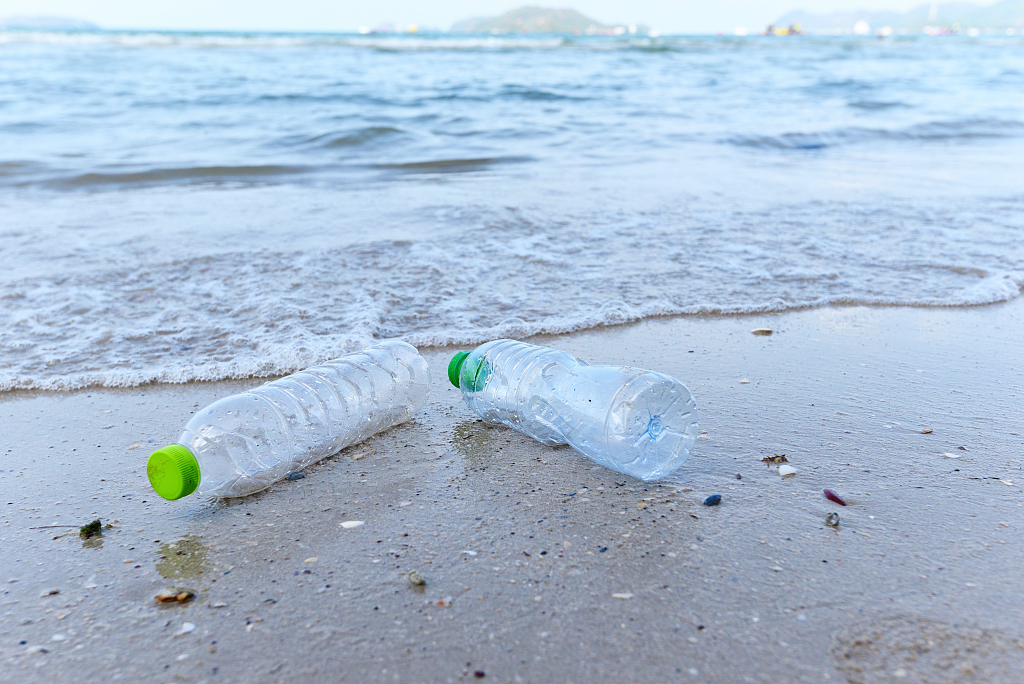Plastic pollution is a huge environmental challenge, contributing to the proliferation of extensive landfill sites across the world. Plastic does not degrade naturally in the same way wood rots or even metal rusts, meaning that once the material is discarded into the environment, its impact is felt for years. Less than 10 percent of plastic around the world is recycled.
To address this issue, scientists have discovered an enzyme which is capable of rapidly breaking down the polymer bonds within plastics. By breaking down plastics to a molecular level, landfill sites will significantly enhance their recycling capacity for these materials.
Polyethylene terephthalate or PET, is the plastic commonly used in consumer packaging such as water bottles, food packaging and many other types of containers, making it account for more than 10 percent of all global waste.
Scientists in the United States, South Korea and the European Union are using machine learning to develop enzymes which can break down PET into smaller parts and then reform them. The enzyme is so efficient that some plastics could be broken down in as little as 24 hours. First discovered over 20 years ago in a pile of rotting leaves, naturally occurring bacteria use such enzymes to break down the cuticle wax on fallen tree leaves.
Usually plastics in landfill sites are simply burned to remove them. This process takes up a lot of energy and significantly pollutes the atmosphere with toxic waste. The alternative recycling process is also far from ideal, taking huge amounts of energy to break plastics down chemically in order to reform them in the recycling process.
By using enzymes, the costs for processing plastics and time constraints are drastically reduced. The technology itself has been in development for well over a decade. The main hurdle in research was to make the enzymes operate efficiently at temperatures low enough to be viable in real life industrial settings. This new enzyme, dubbed “FASTPETase”, can work in conditions less than 50 degrees Celsius. New enzyme configurations are being discovered using machine learning, which can identify optimal molecular structures for maximum effect.
This technology is rapidly being adopted. France aims to have a fully dedicated bio-recycling plastic facility in the northeastern part of the country by 2025. It is estimated that the factory will be able to process around 50,000 metric tons of PET plastic a year, the equivalent of two billion bottles. This is by no means an insignificant amount, and if the practice were to become commonplace, countries could soon be self-sufficient in their ability to recycle efficiently.
Major progress in global sustainability has been desperately needed for years now, and it is hoped that plastic enzymes will be able to tackle one of the largest material sources of environmental damage. Governments should prepare in order to facilitate this new innovation, as scientists continue to optimize new enzymes using machine learning.






